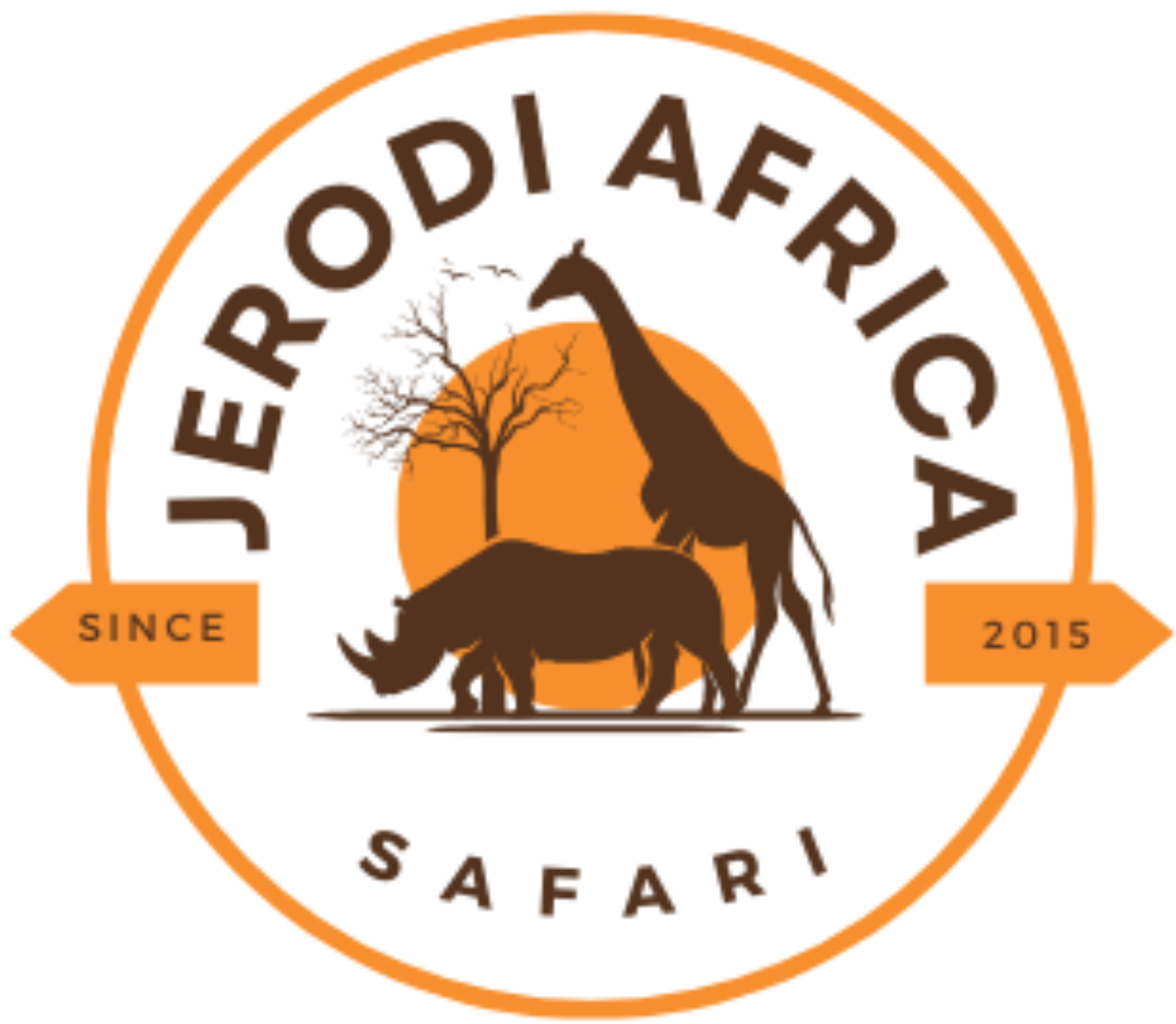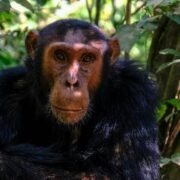Gorilla Trekking Uganda: Best Time to Visit & Safari Season Guide
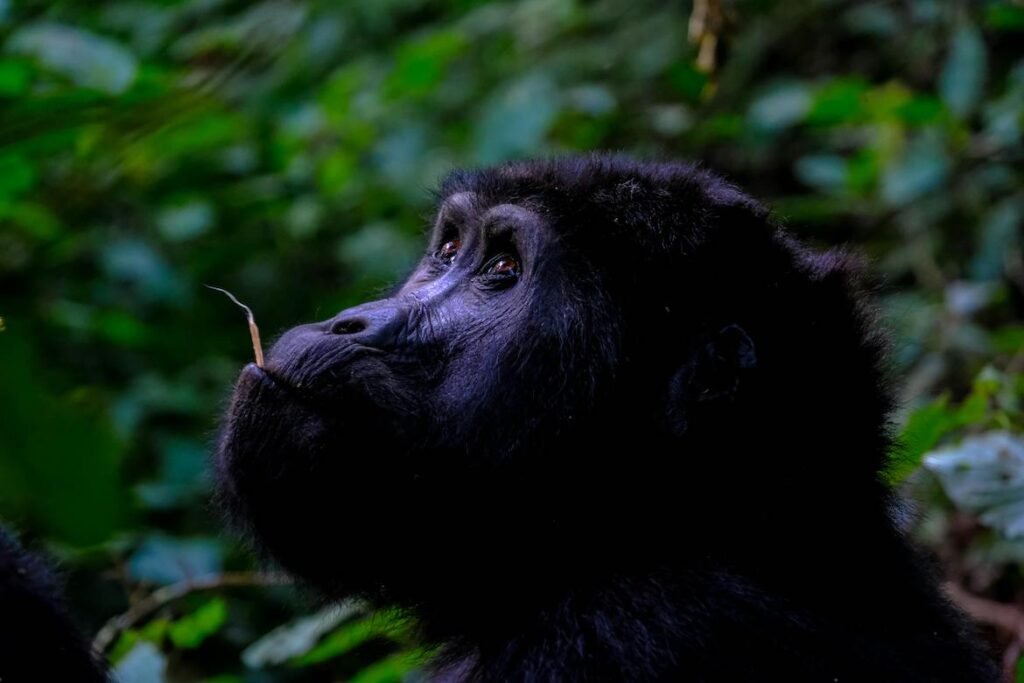
Gorilla trekking Uganda is one of the most memorable safari adventures in Africa, especially when included as part of a Uganda safari. To have the most rewarding experience, the best time of year must be chosen carefully. Uganda’s seasons, wildlife behavior, and even political activities can affect travel. Therefore, this guide has been written to help travelers plan the perfect time to visit. Get your Free Quote Now
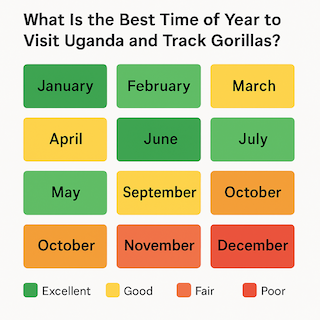
Uganda Safari Seasons: How Climate Affects Gorilla Trekking Uganda
Uganda experiences a tropical climate with two dry seasons and two rainy seasons. These seasonal changes influence not only travel comfort but also wildlife sightings. Generally, the dry seasons offer the best conditions for gorilla trekking Uganda and other safari experiences.
- Long Dry Season: June to September (Excellent)
- Short Dry Season: December to February (Excellent)
- Long Rainy Season: March to May (Fair to Poor)
- Short Rainy Season: October to November (Good to Fair). Request Your Free Quote Now
Travelers are advised to choose dry months, as trails remain firm and gorillas are easier to locate in drier conditions.
Monthly Travel Guide for Gorilla Trekking Uganda
The months below have been color-coded to represent travel quality.
| Month | Rating |
|---|---|
| January | 🟢 Excellent |
| February | 🟢 Excellent |
| March | 🟠 Fair |
| April | 🔴 Poor |
| May | 🔴 Poor |
| June | 🟢 Excellent |
| July | 🟢 Excellent |
| August | 🟢 Excellent |
| September | 🟡 Good |
| October | 🟡 Good |
| November | 🟠 Fair |
| December | 🟢 Excellent |
Legend: 🟢 Excellent | 🟡 Good | 🟠 Fair | 🔴 Poor
Best Safari Parks and Gorilla Trekking Uganda Timing
Different regions in Uganda have unique wildlife activity patterns. Choosing based on the park’s prime time will enhance your safari experience.
Bwindi Impenetrable Forest: Top Spot for Gorilla Trekking Uganda
- Best Months: June to September, December to February
- Avoid: April and May (heavy rain)
Mgahinga Gorilla National Park
- Best Months: June to October, January to February
- Avoid: April and November
Queen Elizabeth National Park
- Best Months: June to August, January to February
- Wildlife More Active: During dry season at water points
Murchison Falls National Park
- Best Months: December to February, June to September
- Birdwatching Peak: January to March
Kibale National Park (Chimpanzees)
- Best Months: June to September, December to February
- Avoid: April and May
Block Calendar Summary
| Season | Months | Safari Quality |
| Long Dry Season | June – September | 🟢 Excellent |
| Short Dry Season | December – February | 🟢 Excellent |
| Long Wet Season | March – May | 🔴 Poor |
| Short Wet Season | October – November | 🟡 Good to Fair |
Gorilla Trekking Uganda: Travel Tips Beyond the Seasons
While seasons and park conditions affect travel planning, other important factors must be considered.
1. Political Campaign Seasons
Every five years, national elections are held in Uganda. Campaign periods may cause congestion or occasional disruptions. Tourists are usually unaffected but should stay informed.
2. Gorilla Permit Availability
In high seasons (June–Sept, Dec–Feb), permits are in high demand. Booking at least 3–6 months in advance is strongly advised.
3. Accommodation Costs
Prices rise during peak seasons. Off-season travel may bring discounts, although some lodges reduce operations due to lower visitor numbers.
4. Photography Conditions
Clear skies and good light are more likely during dry months, ideal for wildlife photography.
5. Hiking Trail Conditions
Rain makes trails muddy and slippery, which makes treks more difficult and time-consuming.
6. Availability of Guides and Vehicles
Tour operators get booked early in peak season. Early planning ensures better vehicle and guide options.
7. Wildlife Movement
Dry months draw animals to fewer waterholes, improving viewing chances, especially in savanna parks.
8. Birdwatching Seasons
November to April sees migratory species arrive. Wet seasons are better for birders, even if not ideal for trekking.
9. Cultural Festivals
Some events are held during holidays in December or cultural anniversaries in August. These enrich the trip.
10. Tsetse and Mosquito Activity
Increased during wet months. More protection is required against bites.
11. Road Conditions
Paved roads remain usable, but rural routes may get muddy in rains. 4×4 vehicles are essential in wet months. Request your Free Quote Now
12. Visitor Crowds
Fewer tourists visit during wet seasons, allowing more solitude and flexibility. However, key sightings may become less predictable. For information
Final Thoughts
The best time to visit Uganda for gorilla trekking depends on priorities like weather, costs, and comfort. While the dry seasons offer the easiest and most rewarding experiences, off-season travel may still provide unique benefits for the right traveler. Planning ahead, staying flexible, and consulting local tour experts like Jerodi Africa Safari will ensure a successful and memorable Uganda safari experience. Request Your Free Quote Now
Recent Posts
Hartebeest vs Topi in Uganda: Species, Parks & Key Differences
Mountain Gorillas and Chimpanzees in Uganda
Monkeys in Uganda: Species, Parks & Safari Guide
Tags
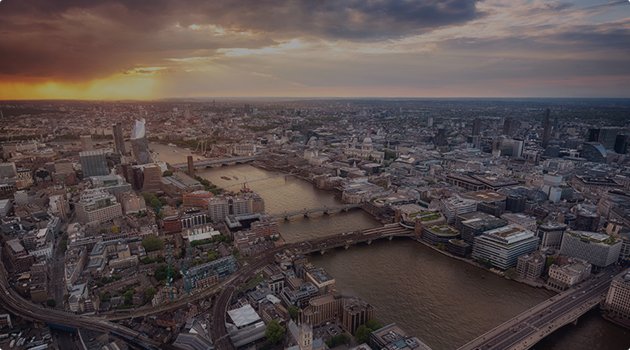
Thailand

